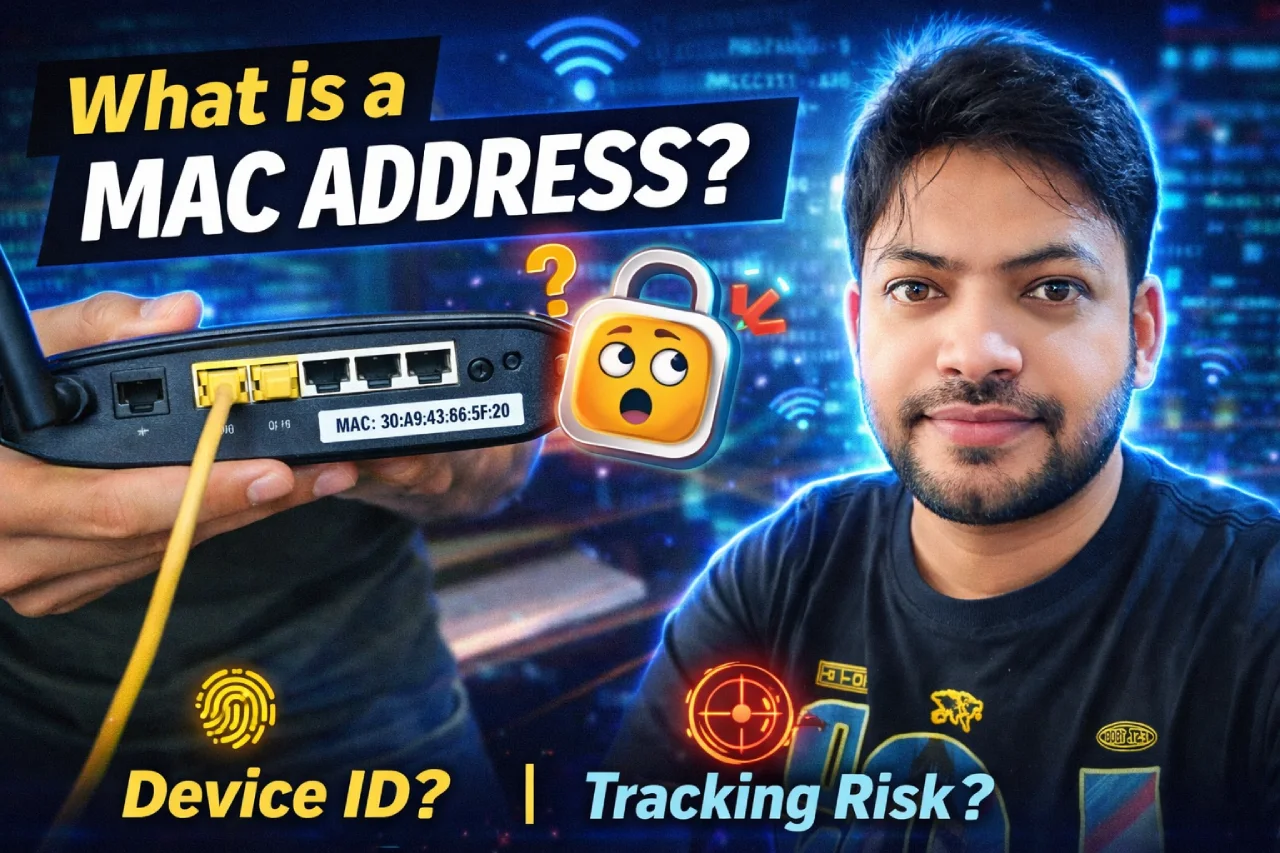In today’s interconnected world, where digital threats loom large, mastering the art of ethical hacking has become a critical skill for protecting networks, data, and infrastructures. Ethical hacking, also known as penetration testing or white-hat hacking, is the practice of legally probing systems for vulnerabilities to prevent malicious hackers from exploiting them. As cyberattacks grow more sophisticated, there is an increasing demand for skilled professionals who can anticipate and thwart these dangers. This guide will provide insights on why ethical hacking is essential and how you can master this art to become a cybersecurity expert.(best ethical hacking classes katraj)
Why Ethical Hacking?
The significance of ethical hacking lies in its proactive approach to cybersecurity. Instead of waiting for breaches to occur, ethical hackers take the initiative by mimicking the tactics of cybercriminals to find weaknesses in systems before they can be exploited. From securing financial institutions to safeguarding personal information, the role of an ethical hacker is crucial to maintaining the integrity and confidentiality of sensitive data.
Moreover, ethical hacking is not just about preventing unauthorized access—it’s also about ensuring compliance with laws and regulations. Organizations that handle vast amounts of data are often subject to stringent legal frameworks such as GDPR, HIPAA, and PCI DSS. By conducting ethical hacking, businesses can prove their commitment to cybersecurity best practices and avoid costly fines or reputational damage.
Steps to Master Ethical Hacking
1. Build a Strong Foundation in Networking and Security Protocols:
Before diving into hacking techniques, it’s essential to understand how networks function. A solid grasp of protocols like TCP/IP, HTTP, DNS, and SSL/TLS will equip you with the knowledge to exploit vulnerabilities effectively.
2. Learn Programming and Scripting Languages:
Being proficient in languages such as Python, C, and Java is a must. Scripting skills in Bash and PowerShell are also crucial for automating tasks and developing custom tools for penetration testing.
3. Understand Different Operating Systems:
Hacking often requires familiarity with multiple operating systems, especially Linux and Windows. Many hackers prefer Linux due to its open-source nature and flexibility in terms of hacking tools.
4. Master Tools of the Trade:
There are numerous tools that ethical hackers rely on, including Nmap for network scanning, Metasploit for exploiting vulnerabilities, and Wireshark for traffic analysis. Becoming proficient with these tools is key to effective penetration testing.
5. Stay Updated and Certified:
The field of cybersecurity is constantly evolving. Staying updated with the latest trends and threats is essential. Earning certifications such as CEH (Certified Ethical Hacker), OSCP (Offensive Security Certified Professional), or CISSP (Certified Information Systems Security Professional) can give you a competitive edge in the job market.
Conclusion
Mastering the art of ethical hacking is not just a skill—it’s a commitment to defending the digital frontier. As technology evolves, so too must the methods used to secure it. By equipping yourself with the knowledge and tools necessary to detect vulnerabilities, you can play a crucial role in safeguarding our increasingly digital world.ICE Institute provides best ethical hacking classes katraj. To Gain practical skills and certifications in network security, ethical hacking, and data protection from experienced instructors. Enroll now to safeguard the digital future.







